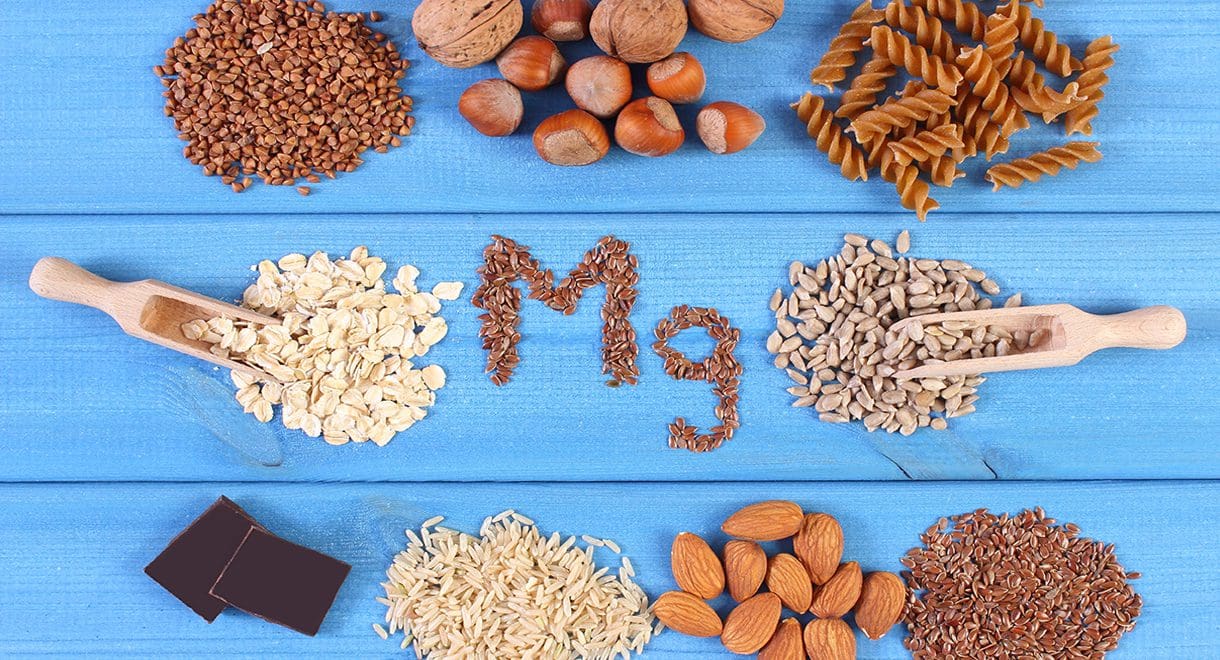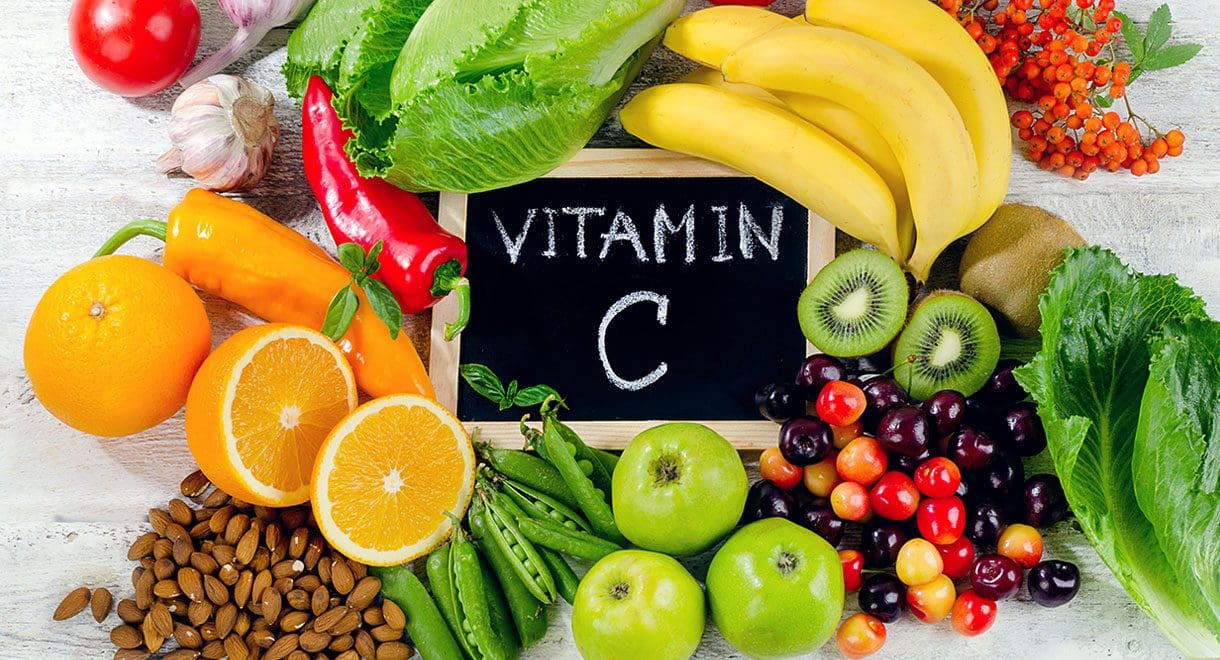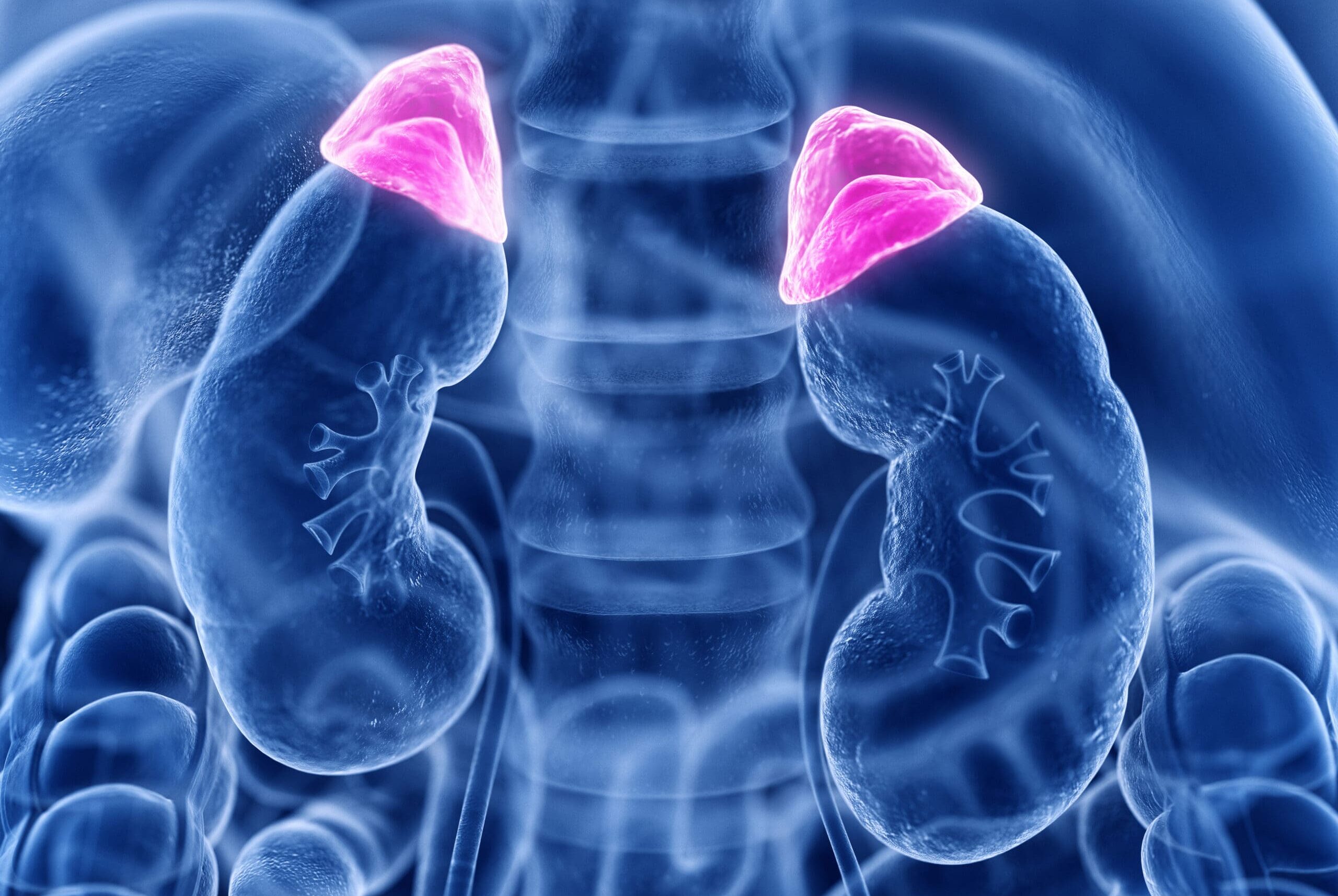Are carbs to blame for your high blood pressure?
By naturopath Margaret Jasinska
Most people associate salt with high blood pressure, but sugar and excess carbs are almost always the culprit. We all know that eating too much sugar or other high carbohydrate foods can cause you to gain weight, and overweight people are more prone to high blood pressure. However, new research has shown that even if you’re slim, eating too much sugar can still give you high blood pressure. This research appeared in The American Journal of Clinical Nutrition.
This is important research because most people think if they’re slim, they can get away with eating as much sugar as they like, and their only worry is their teeth. It’s important to realise that sugar is harmful to everybody’s health and metabolism, regardless of their body weight.
Scientists from the University of Otago in New Zealand reviewed several randomized controlled trials that looked at the effects of sugar on blood pressure and found that not only does sugar promote high blood pressure; it also promotes high blood fats such as cholesterol and triglycerides. Once again, it’s important to realize that you don’t have to be overweight to have high cholesterol or to have blocked arteries. Sugar will cause much more harm to your heart than salt or fat, regardless of your body weight.
Sugar can raise blood pressure and the risk of heart disease because it causes insulin resistance. Insulin has many important roles in your body. People with too much insulin in their bloodstream are said to have insulin resistance, syndrome X, metabolic syndrome or pre-diabetes. They are all interchangeable terms.
Due to modern diets and lifestyles, nearly everybody produces more insulin in their pancreas than they should. This is a problem because if blood insulin levels have been high for years, the cells of your body start to ignore it. The insulin becomes less and less effective at its important job in your body (getting glucose inside your cells so you can burn it for energy). Elevated insulin levels promote abdominal obesity and fatty liver. In time, blood sugar may creep upwards and a person can develop type 2 diabetes. A high carbohydrate diet can cause fatty liver in a person who appears slim. We call them fat on the inside.
The following strategies may help you achieve a healthy blood pressure


1. Reduce the carbs in your diet
Everyone has their own unique carb tolerance level. People with insulin resistance cannot handle ordinary (common) amounts of carbohydrate in their diet; as they oversecrete insulin in response to eating carbs. Sugar, bread, pasta, rice, potatoes, breakfast cereals, sugary drinks and anything made of flour will all cause a dramatic rise in blood sugar; therefore, these foods should be minimised. If you are insulin resistant you are less likely to feel satisfied after eating these foods, as a result you are more likely to overeat. Protein and fat are satiating and don’t cause as much of an insulin response as carbohydrate. Red meat, oily fish, eggs, whey protein, avocados and olive oil all help promote satiety. There is an easy to follow eating plan designed to correct insulin resistance in Dr Cabot’s book I Can’t Lose Weight and I Don’t Know Why.


2. Magnesium is important
Magnesium relaxes the muscles in your arteries, which opens them up wider, thus lowering the pressure inside them; this effect also improves the circulation of blood to your organs. Magnesium also helps to relax your nervous system so that you are less stressed, and we all know what excess stress can do to your blood pressure! Magnesium improves sleep quality, and getting insufficient sleep or poor quality sleep can also raise blood pressure. Magnesium is found in green leafy vegetables, nuts and seeds and seafood.


3. Vitamin C
This is needed for collagen production, thus strengthens the structure of the arteries and veins which reduces the risk of them rupturing. Vitamin C is found in citrus fruits, berries, tomatoes, broccoli and capsicum.


4. Exercise is important
Exercise has significant health benefits such as reducing blood pressure, improving cardiovascular health, promoting a healthy mood and aiding weight loss. Exercise also helps get blood sugar down because your muscles suck glucose out of your bloodstream for their metabolism. If you have a big meal or eat more sugar than you intended, going for a walk afterwards can help reduce the consequences. Making exercise a regular part of your life should help keep your blood sugar, blood pressure and insulin lower.


5. Try to have healthy stress coping mechanisms
Sugar and carbohydrate-rich foods can be addictive for many people. You might start off well on your healthy diet, but stress, anxiety or depression can have you reaching for comfort foods. It’s important to have ways to unwind and relax, and be in touch with your emotional state, to recognise that you are headed for a binge early on, so you can abort it.









Leave A Comment